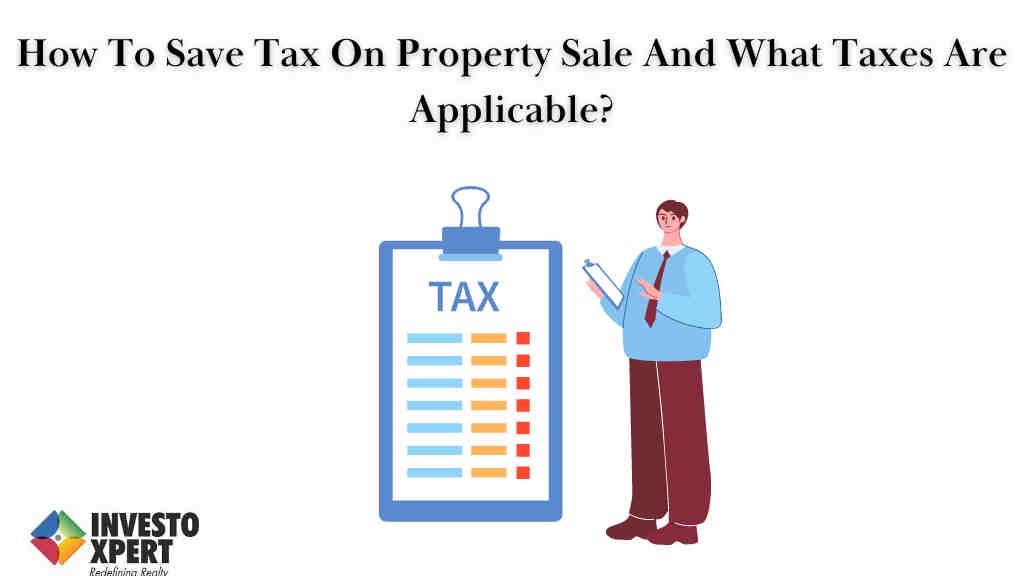How To Save Tax On Property Sale And What Taxes Are Applicable?
Are you looking to sell your property and want to make the most of your capital gains? Before diving into the sale agreement, it's crucial to consider the tax implications to ensure you retain as much profit as possible. Whether you're selling for investment purposes or due to relocation, understanding the tax landscape is key to optimizing your financial outcome.
- Who Bears the Tax Burden?
Taxes on property sales are levied by both federal and state governments. While sellers are responsible for certain taxes, buyers also contribute. Being aware of this shared responsibility is vital for a smoother transaction.
- Taxes You Might Encounter:
- Capital Gains Tax:
Sellers are subject to capital gains tax, with long-term gains taxed at 20%, plus a 3% cess. The tax rate depends on the duration of property ownership.
- TDS for Property Sales:
Implemented by the government, buyers deduct 1% TDS from the sale amount and remit it to the income tax department. This applies to transactions over Rs. 50 lakh.
- Indirect Taxes:
Buyers pay service tax and VAT directly, depending on property status (under construction or completed) and state regulations.
- TDS Payment Details:
To deposit TDS, essential details include buyer's PAN card, residential addresses, property details, agreement date, due date, transaction value, and paid amount. TDS can be paid online or offline.
- Critical TDS Information:
Buyers need the seller's PAN for Form 16B, and sellers must ensure the correct amount is paid, checking Form 26AS. Timely TDS payment is crucial to avoid penalties.
- Tax Saving Strategies:
- Purchase a New Property:
Under Section 54 of the Income Tax Act, reinvesting in a new property within three years can save on capital gains tax. This option is available once in a lifetime.
- Capital Gains Account Scheme (CGAS):
If unable to reinvest immediately, depositing the profit in a Public Sector Bank under CGAS is an alternative. The three-year deadline applies.
- Bonds (54EC):
Section 54EC allows investment in specified bonds within six months of property sale, shielding long-term gains from taxes. Be cautious of the three-year lock-in period.
- Conclusion:
Avoiding a significant loss of gains during property sale is paramount. Understanding and implementing strategies to reduce your tax liability is crucial. As you contemplate selling your property, thoroughly consider all the factors discussed here before signing any agreements.
In summary, navigating the taxation landscape when selling property requires careful consideration. By being well-informed and strategically utilizing available options, you can maximize your gains and minimize tax burdens.


No comments yet